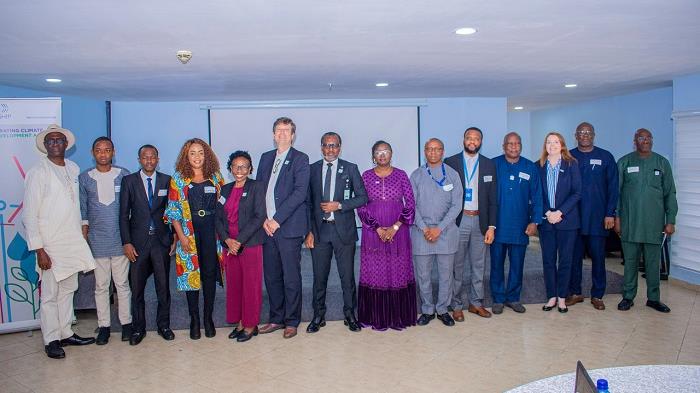A coalition of almost 20 global organizations has called on governments to act to ensure that citizens have access to adequate health services.
The call was made at the World Health Assembly (WHA76) under the theme ‘WHO at 75: Saving lives, driving health for all’ this week in Geneva, Switzerland.
The coalition pointed that Health is everyone’s human right, and it is the duty of all governments to fulfill its right, adding that governments must make health for all a reality.
Kinza Hasan, Policy and Advocacy Manager at Women Deliver, one of the coalition members said the call is important now that governments worldwide are in the process of developing their commitments on Universal Health Coverage.
“Governments must signal to their citizens that they are ready and willing to deliver health for all and prioritize the human right to health and gender equality, as a fundamental building block to health equity,” he said.
In a statement delivered during the 76th World Health Assembly by the coalition, states that governments must prioritize primary health care and provide a comprehensive health benefits package .
This they say will allow the people to have access to quality health services that cover the full spectrum of care, including comprehensive sexual and reproductive health services.
It added that governments must ensure gender equality in health systems leadership and decision-making at all levels.
“Create safe, free from violence and dignified working conditions, close the gender pay gap and recognize and remunerate unpaid and underpaid health and care workers, including community health workers.
“Prioritize health in government spending and implement comprehensive and equitable health financing policies that reach marginalized communities.
“Health financing policies should both expand quality health coverage and improve affordability,” it stated.
It added that strengthen ing health data governance by developing and endorsing a global framework that articulates common regulatory standards, underpinned by equity and rights based principles, to inform national legislation and govern health data sharing across countries.
This they argued would support more equitable and responsible health data management, safeguard individual rights, and improve public trust in health data systems.
These actions the coalition said will build trust among communities, reduce poverty, and promote equity, social cohesion and resilience, in line with the 2030 pledge to leave no one behind.
The Coalition comprised of: Amref Health Africa, Foundation Botnar, Global Health Council, International Federation of Gynecology and Obstetrics, IFMSA, International Society for Telemedicine & eHealth, IntraHealth International, IPPF, IPSF, PATH, Sabin Vaccine Institute, Save the Children, UN Foundation, WaterAid, Women Deliver, Women in Global Health, and World Hepatitis Alliance.
The World Health Assembly is the decision-making body of the World Health Organization (WHO). It is attended by delegations from all WHO Member States and focuses on a specific health agenda prepared by the Executive Board.
By Dare Akogun





